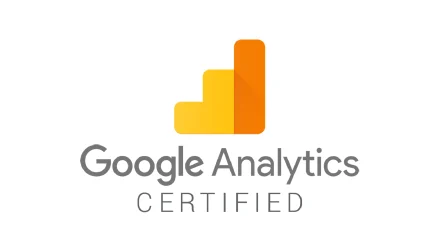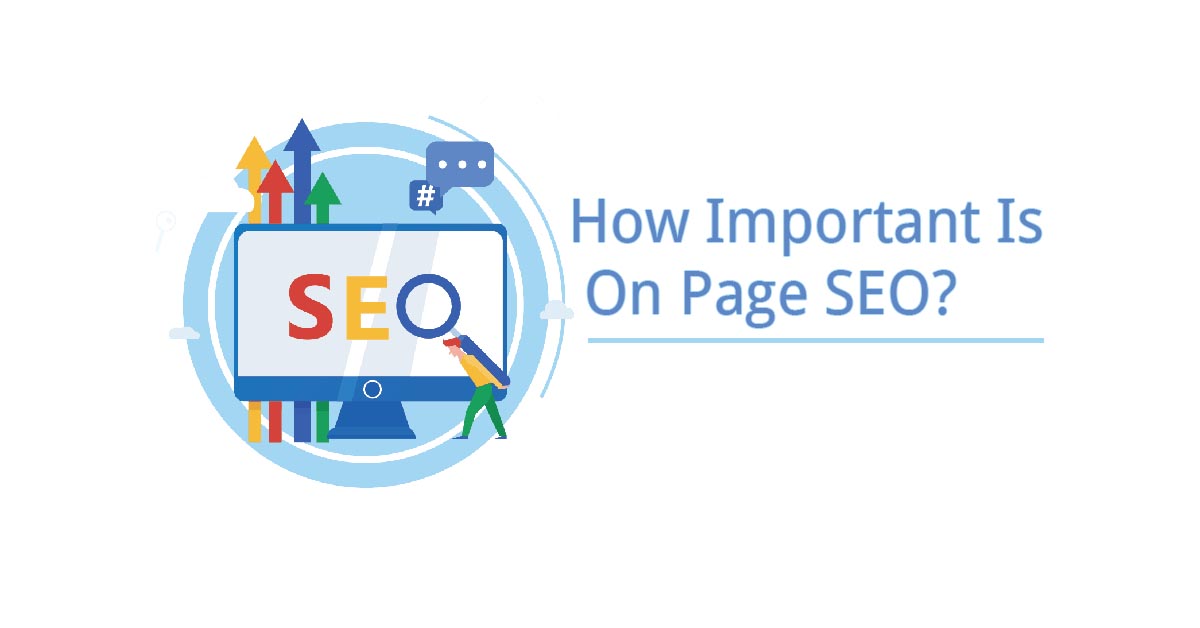In today’s digitally-driven world, social media has emerged as a cornerstone of effective marketing and communication strategies for businesses across industries. From small startups to multinational corporations, the importance of a strong social media presence cannot be overstated.
First and foremost, social media provides companies with unparalleled opportunities for brand exposure and visibility. With billions of users actively engaging on platforms like Facebook, Instagram, X (Twitter), LinkedIn, and TikTok, businesses can reach a vast audience with relative ease. By crafting compelling content and leveraging targeted advertising features, companies can effectively showcase their products or services to potential customers worldwide. Moreover, social media fosters direct interaction and engagement between brands and consumers, allowing for real-time feedback, inquiries, and relationship-building. This direct line of communication not only enhances customer satisfaction but also enables companies to gain valuable insights into consumer preferences and behaviors, thereby informing future marketing strategies.
The value here cannot be overstated. Social media plays a pivotal role in driving website traffic and generating leads. By strategically sharing links to their website or blog content, businesses can redirect users to their online platforms, where they can learn more about the company and its offerings. Additionally, social media platforms offer various tools and analytics that enable businesses to track click-through rates, conversion rates, and other key metrics, allowing for data-driven optimization of marketing campaigns. This ability to measure and analyze performance in real-time empowers companies to refine their strategies for maximum effectiveness and ROI.
Social media does indeed play a vital role in SEO (Search Engine Optimization) in several ways:
Increased Visibility and Brand Awareness:
Social media platforms allow businesses to reach a wider audience and increase their brand visibility. When users engage with content on social media, it can lead to more inbound links, mentions, and shares, which are all factors that search engines consider when determining a website’s authority and relevance.
Social Signals:
Social signals, such as likes, shares, retweets, and comments, are indicators of user engagement and content quality. Search engines like Google take these signals into account when ranking pages. Content that receives high engagement on social media may be perceived as more valuable and therefore rank higher in search engine results pages (SERPs).
Quality Backlinks:
Social media platforms can be a valuable source of backlinks to your website. When users share your content on social media, they often include links back to your site, which can improve your site’s authority and credibility in the eyes of search engines.
Content Promotion:
Social media provides a platform for businesses to promote their content and attract more visitors to their website. By sharing blog posts, articles, videos, and other content on social media, businesses can drive traffic to their site, which can indirectly improve their search engine rankings.
Local SEO:
Social media profiles can also contribute to local SEO efforts. Optimizing social media profiles with accurate business information, such as name, address, phone number, and business hours, can help improve visibility in local search results.
Personalized Search Results:
Social media activity can influence personalized search results. For example, if a user follows your brand on social media and regularly engages with your content, your website may appear higher in their personalized search results.
Social Proof:
Positive social media signals, such as reviews, testimonials, and recommendations, can enhance your brand’s credibility and trustworthiness, which can indirectly impact your search engine rankings.
In our 2024 Google 200+ Ranking Factors article, we mentioned that Google had applied for a patent for determining whether or not social media accounts were real or fake, which means that Google is either using it as a factor in their search results or has intentions to. The importance of social signals is also extremely important. It shows that you are interacting and engaging with your customers, and a company that is engaging their customers, is more often to have fresh content and will generally address their needs as your customer.
Overall, while social media does not have a significant and direct impact on SEO rankings, its influence on factors such as brand visibility, user engagement, backlinks, and content promotion can significantly contribute to a website’s overall SEO strategy. Integrating social media into your SEO efforts can help improve your online presence and drive more organic traffic to your website.
About The Author
Mark Temte
Mark Temte is our Director of Ecommerce & Digital Marketing. He originally started working with an affiliate company HVC Enterprises from 1996-2004, and rejoined our staff here at Ecom Internet Technologies in 2020. He has more than 25 years of experience in search engine optimization, web development, and digital marketing, working for various companies throughout the world. He has also worked as a contributing editor for Website Magazine in the early 2000’s. He is now our contributing editor and author of most articles here on our blog.













